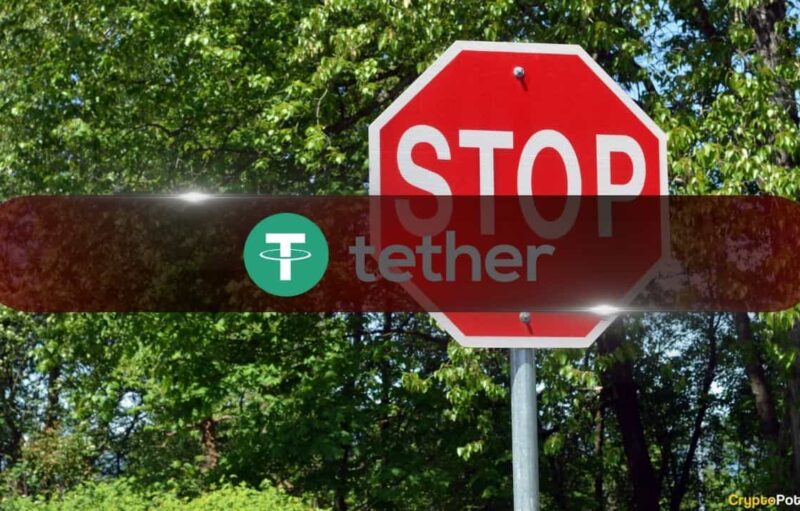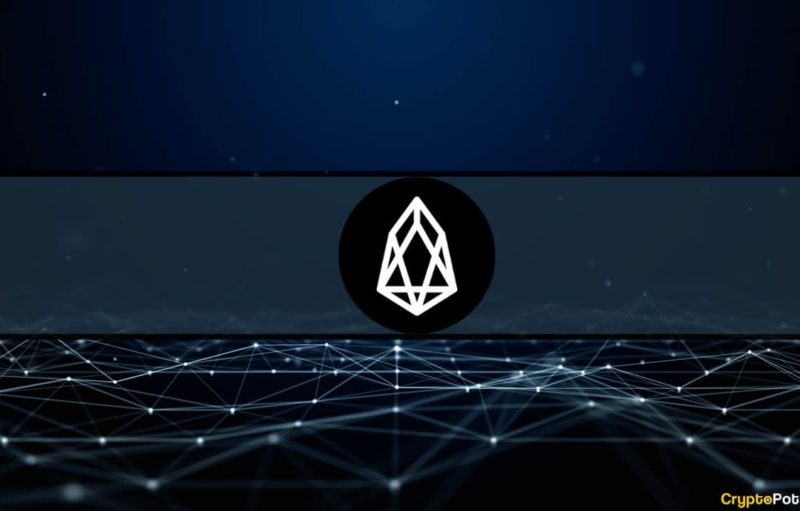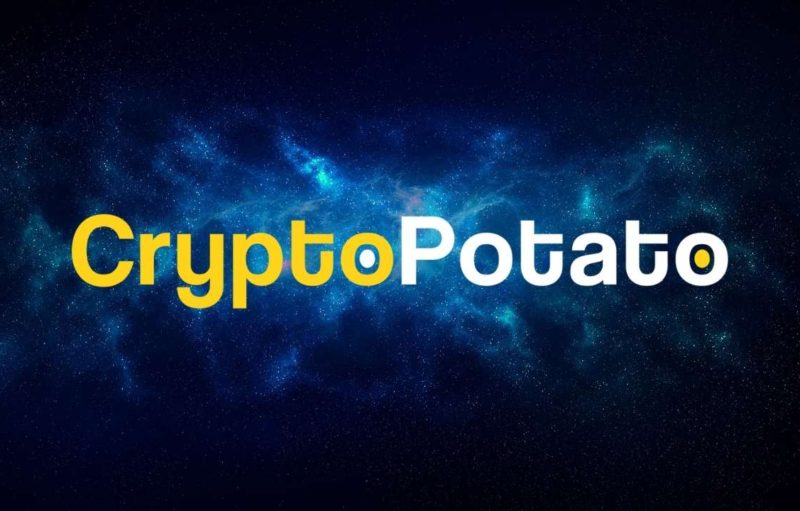 Source: iStock/TPopova
Source: iStock/TPopova
There was a disagreement over two vital blockchain-related points earlier today between two major figures in the crypto and blockchain world. The issues: speed and capacity of existing blockchains. The figures: CEO of Binance, Changpeng Zhao (CZ), and co-founder of Ethereum, Vitalik Buterin.
The short argument started when Zhao referenced Buterin’s interview with the Toronto Star earlier this week, in which Buterin discussed major issues for today’s blockchains.
Zhao tweeted that he likes both Ethereum and its cofounder but that speed and capacity were a problem a year ago, and that they are now “largely solved […] for newer blockchains (for now).” Zhao argues that “We need to increase real applications that people actually use, so that we hit the new capacity issues/limits again,” suggesting to “focus on applications.”
Buterin replied saying that the issues are “not solved at all,” and that “even the newer semi-centralized blockchains have TPS (transactions per second) in the hundreds,” adding that, to his knowledge, EOS, a competitor of Ethereum, has already had scalability bottleneck issues.
Watch the latest reports by Block TV.
He also said that he’s been growing more pessimistic about off-chain-data layer two solutions and that Ethereum Foundation researcher Vlad Zamfir is right, “they’re just hard to build, require too much application-layer reasoning about incentives, and hard to generalize.”
Yep, three times more scalable!https://t.co/AFZ9g0ld2s
— Vitalik Non-giver of Ether (@VitalikButerin) August 21, 2019
However, it can be said that if speed and capacity issues have indeed been solved by the “newer blockchains” such as Binance Chain, the native blockchain of Binance, then it has been achieved by sacrificing their decentralization, which is considered to be one of the main features of public blockchains. Buterin has emphasized the issues of the decentralized networks, even likely some semi-decentralized, while it’s possible that from Zhao’s perspective, these may be yesteryear’s problems for centralized blockchains.
Many people shared their own opinions too, sometimes agreeing and often contradicting each other.
Saying it’s solved in newer blockchains isn’t really presenting the full picture. There are always trade-offs. Newer blockchains (TRON, EOS, Binance Chain) sacrifice centralization and censorship resistance for better scalability. Binance Chain still has a single point of failure
— Larry Cermak (@lawmaster) August 21, 2019
Ethereum was good in principle, but they fell victim to internal politics and disputes that plague centralized organizations. Tezos self governance mechanism is the reason why they will come out on top. Once the developer base dries up the party will be over for Ethereum.
— Casper™ (@caspercrypto) August 21, 2019
Meanwhile, Buterin said in the interview with the Star that the blockchain is much bigger than just Bitcoin today. “It’s split off into separate spaces that have a lot of different visions.” Ethereum wants to take the blockchain technology behind Bitcoin that enables a cryptocurrency to be decentralized and make it usable in general so that it can be applied on other things too.
When it comes to issues, Ethereum co-founder names: scalability, usability, account security and privacy. While the last three are improving, he says that scalability is “a big bottleneck because the Ethereum blockchain is almost full.” If you’re a bigger organization, the calculus is that if we join, it will not only be more full but we will be competing with everyone for transaction space.” This is already expensive, and because of ETH, the price would rise five times.
“The main problem with the current blockchain is this idea that every computer has to verify every transaction”, say Buterin. “If we can move to networks where every computer on average verifies only a small portion of transactions then it can be done better.” While the sacrifice of the security would be “fairly modest”, scalability would bring the cost down by a factor of over 100 for every transaction, he said.
https://cryptonews.com/news/is-blockchain-speed-capacity-a-problem-vitalik-says-yes-cz-s-4489.htm
The post appeared first on Crypto Asset Home






